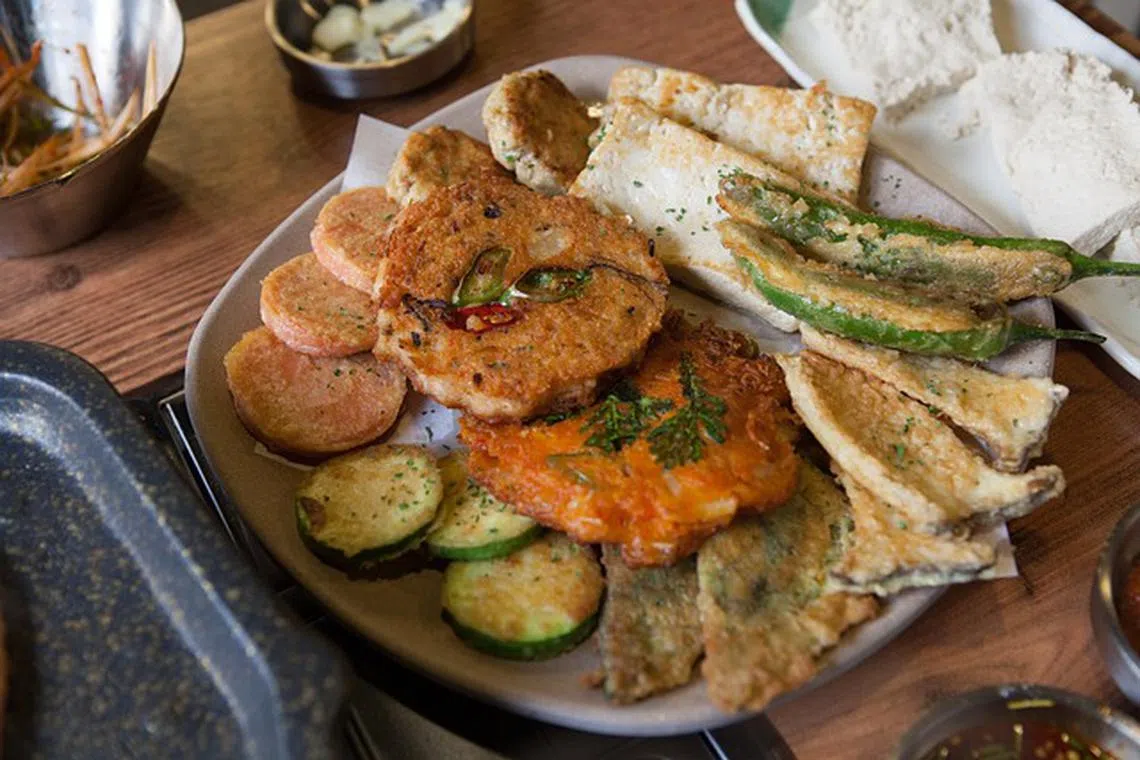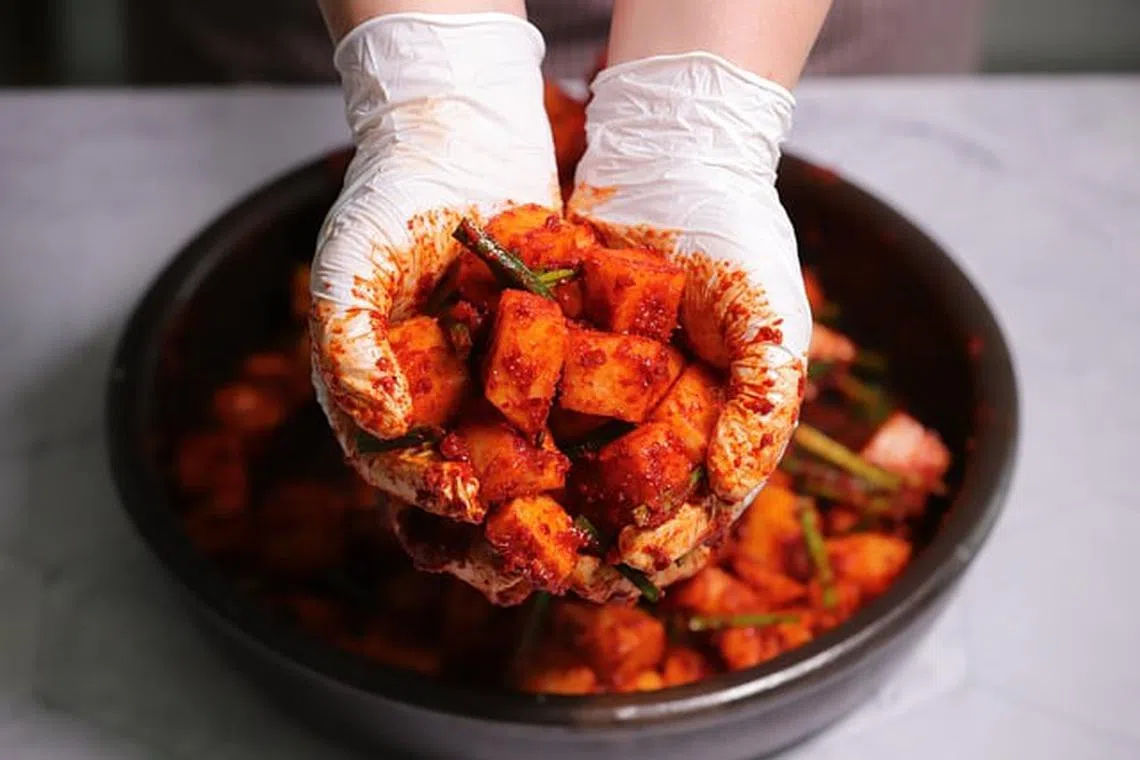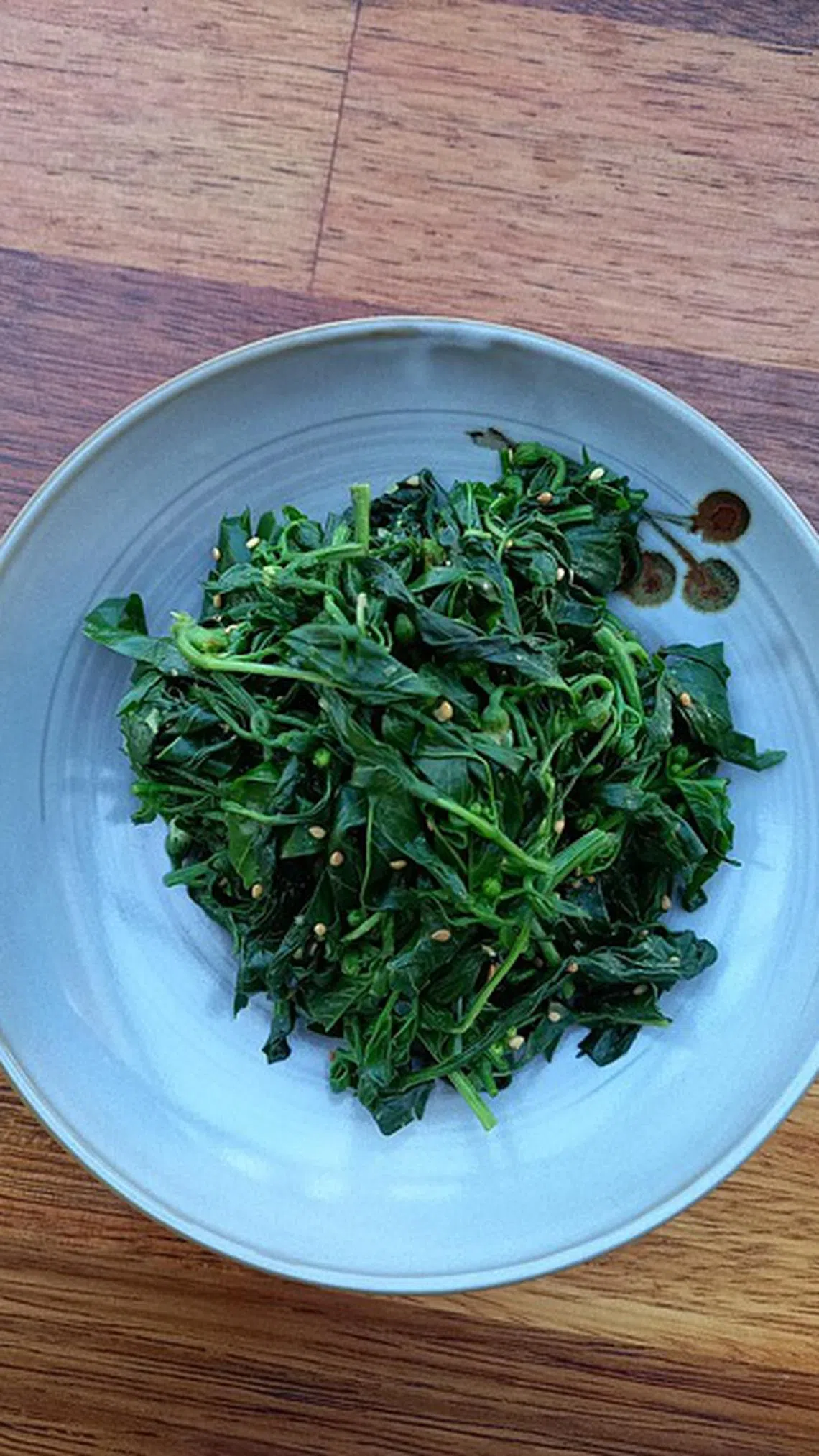New year traditions with Mosu chef Anh Sung-jae
With Koreans and Chinese celebrating the Lunar New Year on the same dates, the star chef and Culinary Class Wars judge shares his personal memories and customs of the festival
SOUTH KOREAN CHEF ANH SUNG-JAE may have spent much of his growing up years in California, where his parents relocated after uprooting the family from Seoul when he was 13. But that hasn’t stopped him from cherishing childhood memories of Seollal, the Korean Lunar New Year.
Falling on the same dates as Chinese New Year, Seollal is one of Korea’s most significant traditional holidays, along with Chuseok (Mid-Autumn Festival). For centuries, the lunar calendar was integral to agricultural life and Seollal was a time for families to gather, honour their ancestors, reflect on the past year, and celebrate the new one while hoping for prosperity in the months ahead.
Anh, the chef-owner of the three Michelin-starred Mosu restaurant in Seoul, was catapulted to global fame in 2024 as one of the judges on the hit reality cooking show Culinary Class Wars. He is currently busy with Mosu’s reopening at a new location.
Recalling his early years in South Korea, Anh says: “As a young boy, New Year’s was always an exciting time. The whole extended family would gather together, with the older generation playing go-stop while the kids would play yutnori. I was also very excited to sebae.”
Sebae is a deep bow performed by younger family members for their elders, and shares similarities with the Chinese tradition of paying respects to seniors over the Lunar New Year. In return, the older relatives give small gifts of money known as sebaetdon, or the Korean version of hongbao.

And while Chinese families might play mahjong into the night, older Koreans are likely to challenge each other to a game of go-stop or hwatu – played with a set of 48 colourful cards with seasonal imagery such as flowers, animals and other objects that represent the months of the year.
Navigate Asia in
a new global order
Get the insights delivered to your inbox.
While the players banter and catch up on gossip, the young ones play yutnori, a traditional Korean board game that dates back to the Three Kingdoms period (57 BCE to 668 CE). Four wooden sticks are thrown instead of dice, and their landing positions dictate the number of steps a player can take.
Food, of course, has a place among Anh’s best memories. He spent many a new year with his grandparents, and it was a must to prepare traditional dishes such as tteok mandu guk (rice cake soup with dumplings), jeon (pan-fried fritters made with various ingredients) and galbi-jjim (braised ribs).
“Like in many Korean families, my mother and grandmother would make the mandu. But when I was a child, I never really liked dumplings, so my mother would always make my soup without them.”
Anh, who had never been interested in cooking even though his parents ran a Chinese restaurant in California, had enlisted in the US army and was in between deployments when he happened to see a group of culinary students walking by in pristine, white chef uniforms. Intrigued, he decided to enrol in culinary school in Los Angeles on a whim, and the rest is history.

He recalls his first job at a Japanese restaurant, where he was tasked with preparing osechi, traditional Japanese New Year dishes. “My grandparents lived in Korea during the Japanese colonial period, and they would sometimes make osechi at home too. So that was part of my childhood as well,” he shares.
His grandparents were also staunch Christians and would hold a family service every Lunar New Year. “I remember being a kid and wanting to go out and play, but my grandparents were very strict about everyone gathering together for family service.”
Cooking with emotion
Do his childhood memories influence his work as the chef behind a three Michelin-starred restaurant?
“I carry many happy memories in my heart,” says Anh. “When something exciting happens to you in your adolescence, those memories are sealed in your being. For me, I somehow remember the times when I was happy or excited. It doesn’t have to be anything significant – it can be as simple as the warmth I felt when my grandmother hugged me.
“As a chef, it’s important to think of such moments and express those feelings in my food. If I lose this, I’m just following a recipe. The dish might still be good but if I continue to cook without emotion, in the long run it will show.”
As for following any traditions at Mosu, “many Korean holiday traditions are based on the seasons”, he says. “The lunar calendar is all about balance – how the moon and sun are moving, which comes back to seasonality. As a chef in Korea, you are automatically connected to traditions through the ingredients used every day.”

For example, spring is the season for wild vegetables called namul, which are collected and preserved. Winter is the time for gimjang, the customary process of making kimchi. Chefs in Korea naturally follow such traditions, which are based on the changing climate and the lunar calendar.
Since Anh began cooking professionally, he’s spent most of the holidays working in the kitchen. “When people are celebrating, it means it’s a busy time for restaurants, especially in fine dining.”
But 2025 will be a little different. He is currently focused on the final stages of construction for the new Mosu, which is scheduled to open at the end of February. That means he will be able to spend the Lunar New Year with his parents, who will be in South Korea for the festivities.
“For the past 10 years, I haven’t had a chance to spend New Year’s Day with them. I also want to give my children a chance to sebae on the actual Seollal, not before or after – which was the case when I had to work.”
He adds: “I’m really looking forward to spending the Lunar New Year with my parents and reliving the emotions of my childhood. Hopefully, I can share them with my kids so that they can treasure the memories like I have.”
Decoding Asia newsletter: your guide to navigating Asia in a new global order. Sign up here to get Decoding Asia newsletter. Delivered to your inbox. Free.
Copyright SPH Media. All rights reserved.


